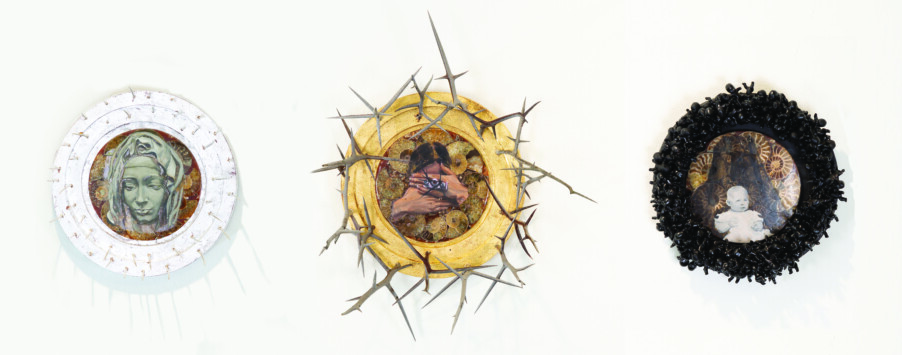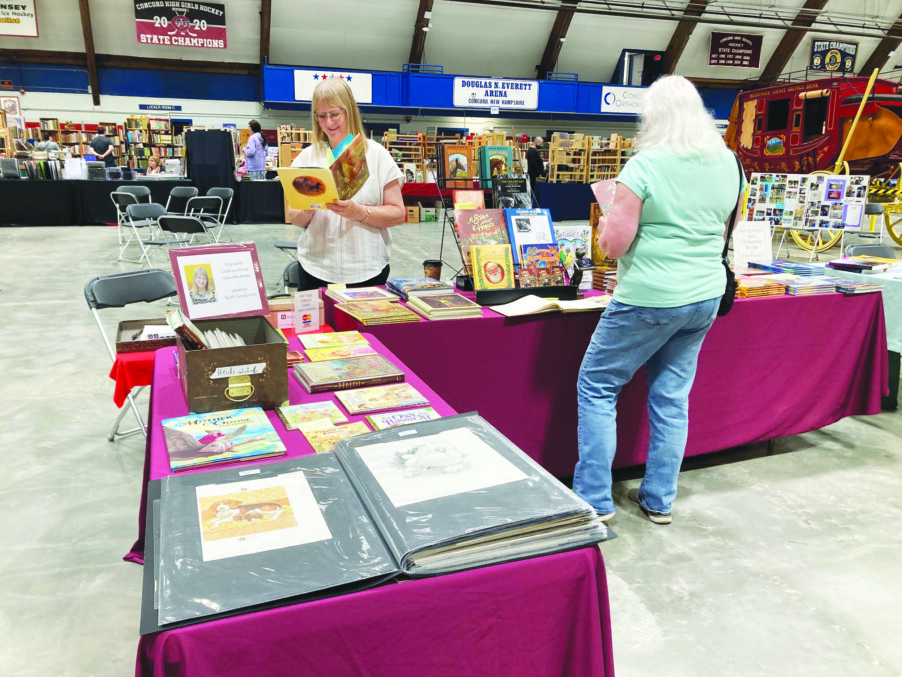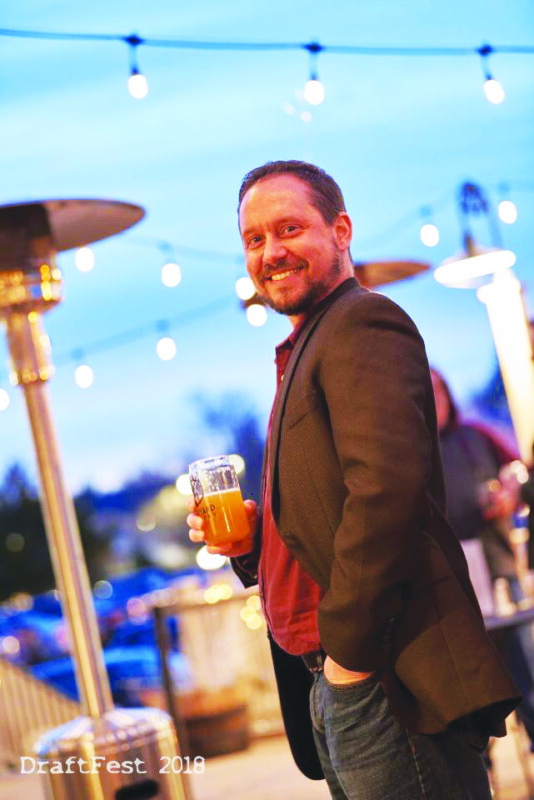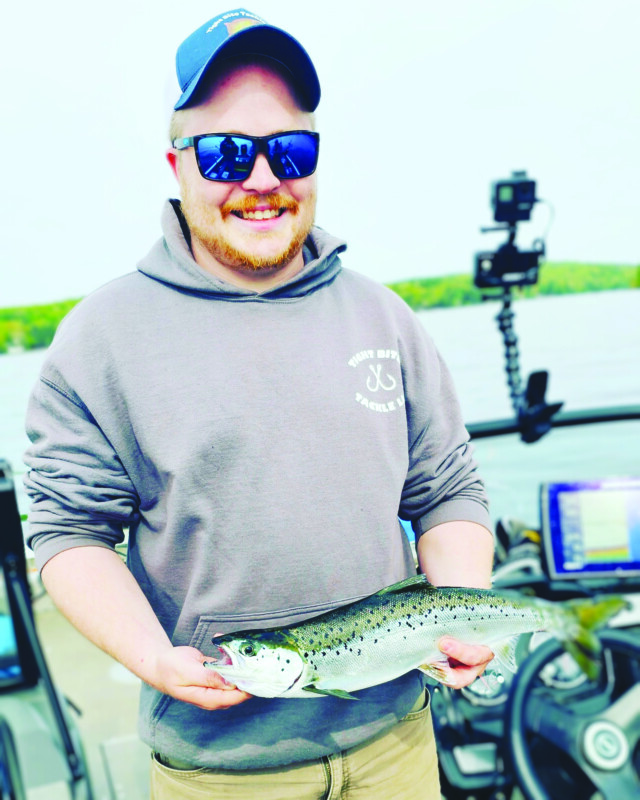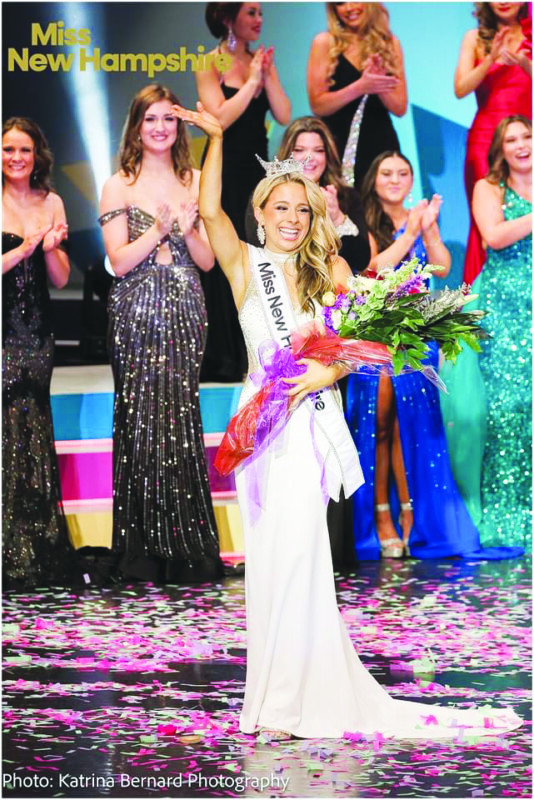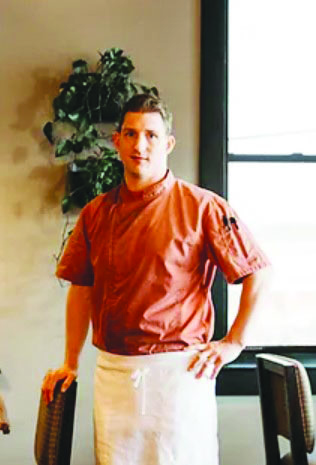Multi-disciplinary Artist and Art Teacher
Explain your job and what it entails.
My day job is as a high school art teacher. I teach advanced placement, honors, drawing, painting and jewelry. As an artist [coledahar.com] I have a practice where I create wearable sculptures and paint women wearing them as historical and mythological figures that are reimagined through a feminist lens.
How long have you had this job?
I’ve been an artist pretty much all my life; an art teacher, I’ve been doing that for about 25 years. I’ve taught 3-year-olds and my oldest student was 96 years old.
What led you to this career field and your current job?
I graduated from art school in the ’90s with a fashion degree and I found out quickly that I really wasn’t crazy about that field. I bopped around for a little while and a friend offered me a job teaching and I found I loved it, everything about it. At the same time I promised myself that if I was going to go back to school and get a teaching degree, that I would always maintain an art practice. I think that’s very valuable for students to see, that a teacher not only can talk the talk but walk the walk….
What kind of education or training did you need?
As an artist, I have a BFA, a bachelor of fine arts in apparel design, an MFA in drawing and painting, and I have an MAT, a master of arts in teaching, for my teaching license. There’s been a lot of training. I also make it a point to seek out artists that I want to learn from, teaching artists as well. I study under different masters, both jewelry and painting.
What is your typical at-work uniform or attire?
Generally things that I can put through the laundry, because art is a messy business.
What is the most challenging thing about your work, and how do you deal with it?
Time and having enough of it. I wish that we had 30-hour days so I could really get into things. It’s a balance having those two careers … trying to devote enough time to my own practice…
What do you wish you had known at the beginning of your career?
Basically, how to network within the arts community, how to find a group of artists to run critiques with…. I didn’t know how much I didn’t know until I stumbled upon it, so I try to give my students a heads up…
What do you wish other people knew about your job?
That it is highly rewarding but it is a lot of work. You work really hard and then when the opportunity comes around you’re able to take advantage of that opportunity….
What was your first job?
I started busing tables for my grandmother’s restaurant when I was 12 years old. Before that I babysat.
What is the best piece of work-related advice you’ve ever received?
Don’t wait for inspiration to come to you. … If you’re unsure of starting a piece, work in your sketchbook. If you’re stuck on one, you can move to the next. It’s important to try to create every day. —Zachary Lewis
Five favorites
Favorite book: I am a sucker for the original Grimm’s Fairy Tales.
Favorite movie: Pan’s Labyrinth
Favorite music: It’s usually like indie, goth, a little bit of swing.
Favorite food: If I’m going out, I’d have to say I love Vietnamese food.
Favorite thing about NH: You can be immersed in nature one part of the day and in a really urban setting the next.
Featured photo: Courtesy photo.

